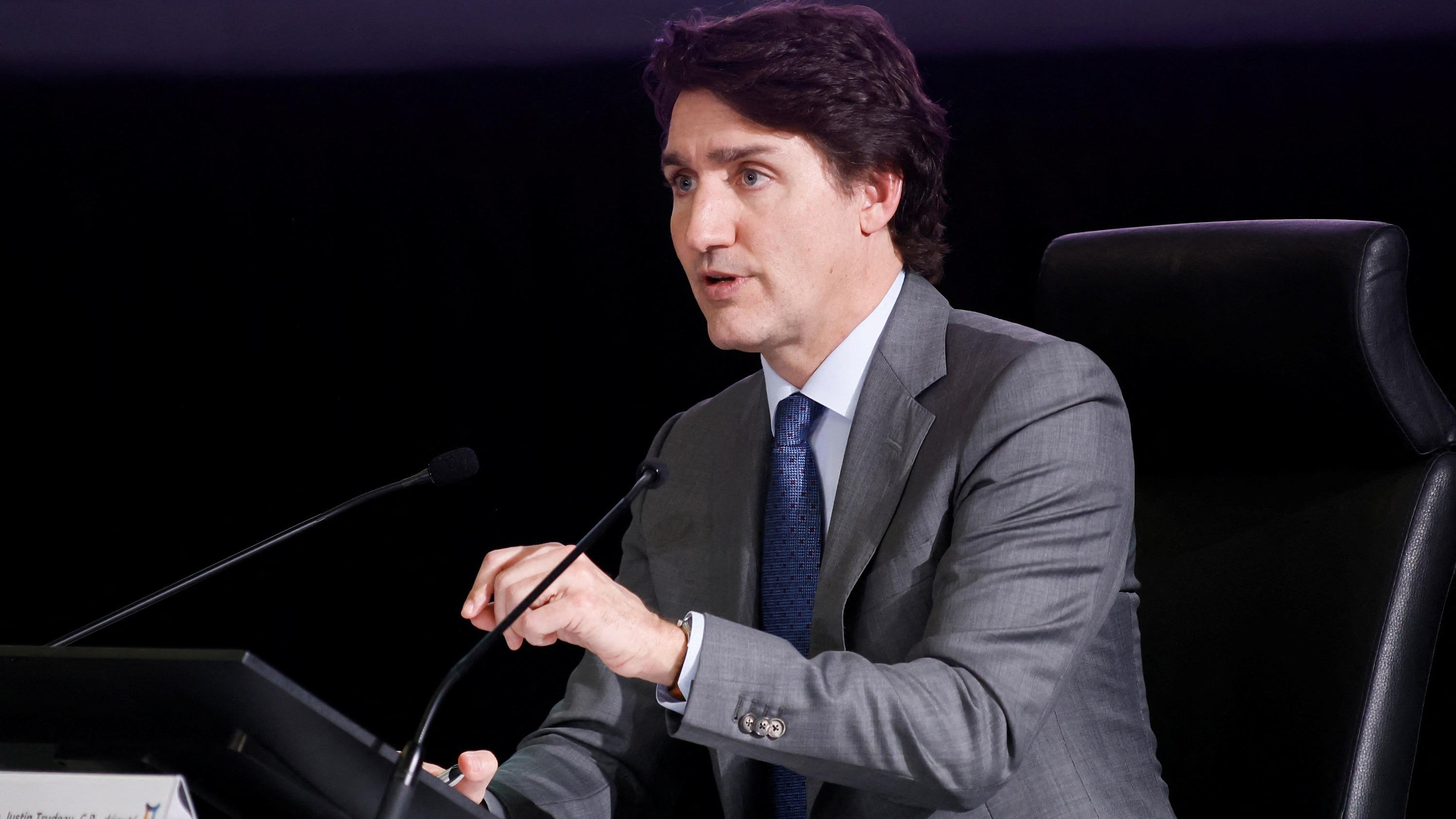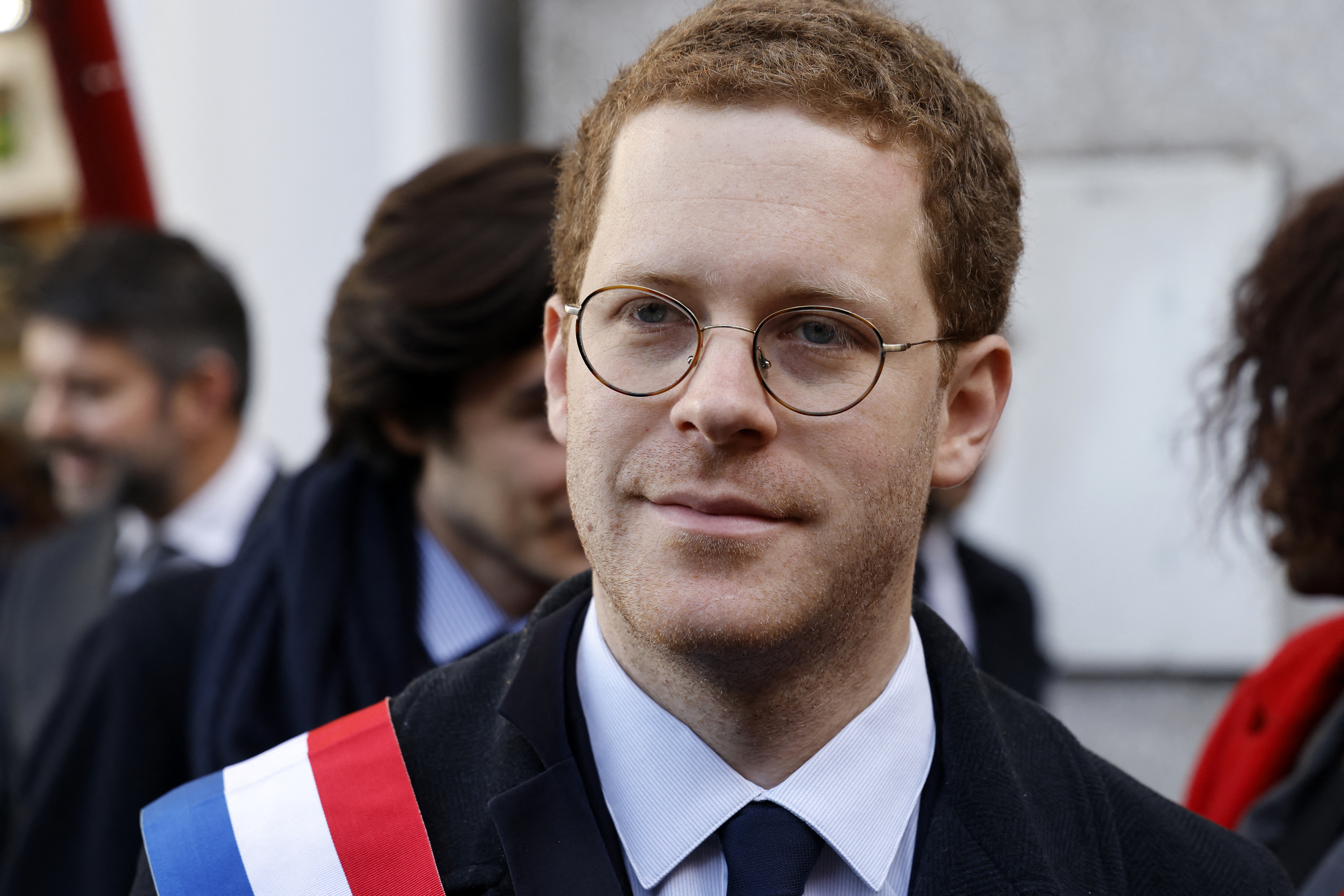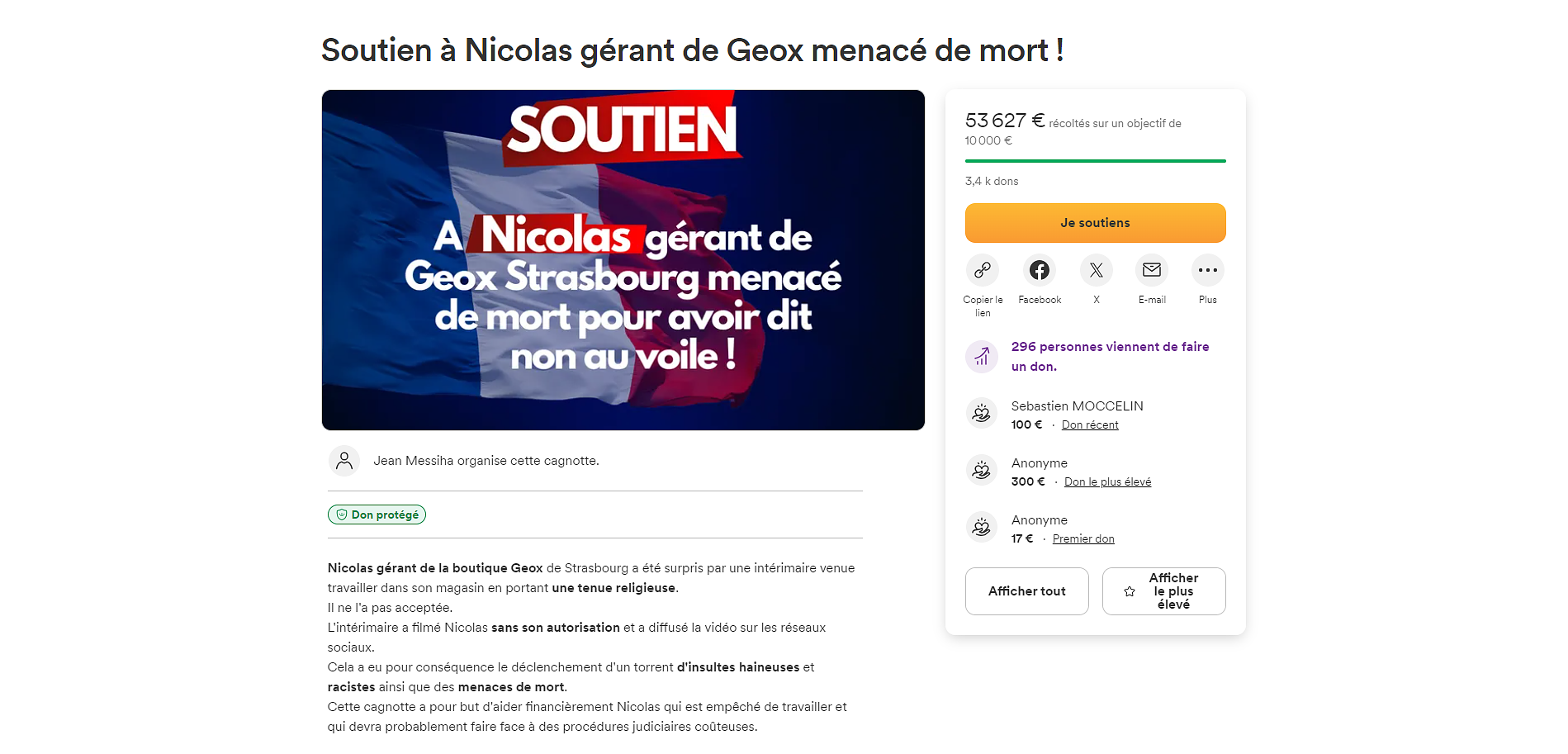The letter from the two Dutch ministers is long and detailed, but it contains a clear conclusion at the end: "In view of the above, the cabinet currently considers a complete sale to the German state to be the preferred scenario," says the letter from At the end of February to the Dutch Parliament. In the letter, the Minister for Climate and Energy and the Minister of Finance evaluate the options for the future of the German business of their electricity network operator Tennet.
The Dutch want to get rid of the German part of their state-owned company because the need for investment is skyrocketing due to the energy transition. In 2020, it was still expected to be 2.7 billion euros for the next ten years, but estimates for the German business alone are now around 15 billion euros. But not only the Dutch are interested in a sale, one is also "confronted with a strong desire from Germany to participate in Tennet Germany," says the letter.
The portfolio of German state-owned companies from the energy sector could therefore soon continue to grow. With the gas traders Uniper and SEFE, two large corporations already belong to the state, and the majority of the PCK refinery in Schwedt is under trusteeship of the Federal Network Agency - nationalization is not excluded. But resistance is growing in the traffic light coalition.
"The plight of many energy companies caused by the Russian war of aggression must not lead to entry into a state energy planned economy," demands the energy policy spokesman for the FDP parliamentary group, Michael Kruse, to WELT. "Acquired or forcibly expropriated company shares must be privatized quickly, this is also provided for by law." The state must not be the "dominant player" in the energy market in the long term, he says. "Even today there is a risk of serious imbalance because the state owns many companies that compete with each other."
The liberal gets support from the opposition. "The traffic light must present a plan at an early stage as to how the companies concerned are to be reprivatised," also demands Jens Spahn (CDU), who is responsible for business and energy as the deputy head of the Union faction. The state participations were necessary crisis measures. "But the state is not the better entrepreneur and is threatening to take over itself," warns Spahn. "Employees need clarity and a long-term perspective."
In Robert Habeck's (Greens) Ministry of Economic Affairs, however, they are not thinking of pushing ahead with the privatization of state-owned companies. And that despite the fact that the liberals had even negotiated a paragraph in the Energy Security Act that was intended to ensure resale. "Companies whose shares have been expropriated are to be privatized again," says Paragraph 20. It also stipulates a report on progress every two years.
However, Habeck's house does not even see a reporting obligation. The justification: It would only be expropriation if it “had taken place within the meaning of Section 18 Paragraph 1 of the Energy Security Act. That has not been the case so far,” it said on request. "In the hypothetical case of expropriation, a decision would have to be made about re-privatization on the basis of the specifications in paragraph 20, paragraph 4 of the Energy Security Act." In essence, this means that where no expropriation has formally taken place, there is no need to re-privatize.
It's a very formal interpretation of the law. Rather, both companies came into the possession of the state through capital increases and the purchase of shares. At least in the case of SEFE, the former owner, the Russian state-owned company Gazprom, was de facto expropriated after the company had previously been put under trusteeship.
"Robert Habeck must not abuse the trust administrations of companies to implement his advanced state economic plans," says Kruse. "Using this instrument for a permanent nationalization would lead to a significant loss of confidence in the express emergency character of trusteeships and also burden the coalition climate on this issue." says Kruse. "It is not up to the Minister of Economic Affairs to undermine this goal."
For the FDP politician, the question also arises as to what advantages Habeck sees in state-owned companies. Here the letter from the Dutch gives at least part of the answer: The desire to get involved with Tennet is justified “with the efforts of the German state to accelerate the grid expansion and thus the German energy transition in this way”. For Kruse, this cannot be an argument: "Instead of using the current situation as a pretext for planned economy fantasies, we have to get out of crisis mode and towards a market-based long-term perspective for our energy companies."

 Rishi Sunak wants a tobacco-free UK
Rishi Sunak wants a tobacco-free UK In Africa, the number of millionaires will boom over the next ten years
In Africa, the number of millionaires will boom over the next ten years Iran's attack on Israel: these false, misleading images spreading on social networks
Iran's attack on Israel: these false, misleading images spreading on social networks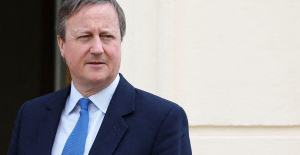 Iran-Israel: David Cameron wants the G7 to impose “coordinated sanctions” on Iran
Iran-Israel: David Cameron wants the G7 to impose “coordinated sanctions” on Iran New generation mosquito nets prove much more effective against malaria
New generation mosquito nets prove much more effective against malaria Covid-19: everything you need to know about the new vaccination campaign which is starting
Covid-19: everything you need to know about the new vaccination campaign which is starting The best laptops of the moment boast artificial intelligence
The best laptops of the moment boast artificial intelligence Amazon invests 700 million in robotizing its warehouses in Europe
Amazon invests 700 million in robotizing its warehouses in Europe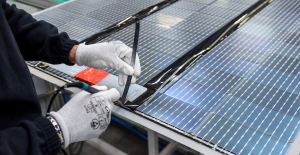 Solar panels: French manufacturer Systovi announces the cessation of its activities due to “Chinese dumping”
Solar panels: French manufacturer Systovi announces the cessation of its activities due to “Chinese dumping”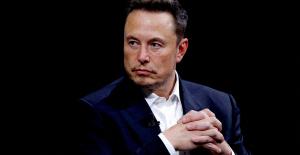 Tesla: canceled in court, Musk's huge compensation plan will again be submitted to shareholders
Tesla: canceled in court, Musk's huge compensation plan will again be submitted to shareholders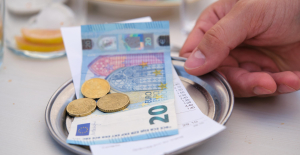 Two, three or a hundred euros: who are the most generous customers with tips?
Two, three or a hundred euros: who are the most generous customers with tips? Boeing safety examined in US Senate, after whistleblower's revelations
Boeing safety examined in US Senate, after whistleblower's revelations Immersion among the companions of the Liberation
Immersion among the companions of the Liberation Provence-Alpes-Côte d’Azur releases several hundred thousand euros for the promotion of the work of Marcel Pagnol
Provence-Alpes-Côte d’Azur releases several hundred thousand euros for the promotion of the work of Marcel Pagnol A palm of honor distinguishes Studios Ghibli for all of their work
A palm of honor distinguishes Studios Ghibli for all of their work Gaby, a new play by Pagnol adapted into a comic strip
Gaby, a new play by Pagnol adapted into a comic strip Skoda Kodiaq 2024: a 'beast' plug-in hybrid SUV
Skoda Kodiaq 2024: a 'beast' plug-in hybrid SUV Tesla launches a new Model Y with 600 km of autonomy at a "more accessible price"
Tesla launches a new Model Y with 600 km of autonomy at a "more accessible price" The 10 best-selling cars in March 2024 in Spain: sales fall due to Easter
The 10 best-selling cars in March 2024 in Spain: sales fall due to Easter A private jet company buys more than 100 flying cars
A private jet company buys more than 100 flying cars This is how housing prices have changed in Spain in the last decade
This is how housing prices have changed in Spain in the last decade The home mortgage firm drops 10% in January and interest soars to 3.46%
The home mortgage firm drops 10% in January and interest soars to 3.46% The jewel of the Rocío de Nagüeles urbanization: a dream villa in Marbella
The jewel of the Rocío de Nagüeles urbanization: a dream villa in Marbella Rental prices grow by 7.3% in February: where does it go up and where does it go down?
Rental prices grow by 7.3% in February: where does it go up and where does it go down? Europeans: the schedule of debates to follow between now and June 9
Europeans: the schedule of debates to follow between now and June 9 Europeans: “In France, there is a left and there is a right,” assures Bellamy
Europeans: “In France, there is a left and there is a right,” assures Bellamy During the night of the economy, the right points out the budgetary flaws of the macronie
During the night of the economy, the right points out the budgetary flaws of the macronie Europeans: Glucksmann denounces “Emmanuel Macron’s failure” in the face of Bardella’s success
Europeans: Glucksmann denounces “Emmanuel Macron’s failure” in the face of Bardella’s success These French cities that will boycott the World Cup in Qatar
These French cities that will boycott the World Cup in Qatar Union Bordeaux Bègles-Clermont: at what time and on which channel to follow the Top 14 clash?
Union Bordeaux Bègles-Clermont: at what time and on which channel to follow the Top 14 clash? Football: Ada Hegerberg extends at OL until 2027
Football: Ada Hegerberg extends at OL until 2027 Basketball: suspended for life from NBA for fixing his match
Basketball: suspended for life from NBA for fixing his match Paris 2024 Olympic Games: boxer Estelle Mossely wants to parade on the Seine as a flag bearer
Paris 2024 Olympic Games: boxer Estelle Mossely wants to parade on the Seine as a flag bearer




